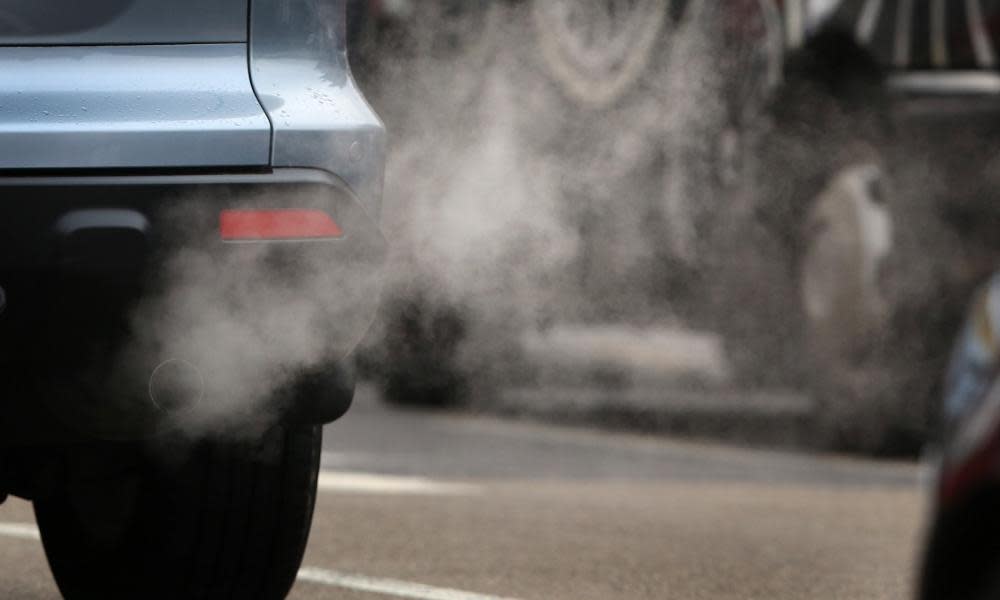The Guardian view on Gove’s clean air plan: just hot air

Michael Gove, the environment secretary, made his name during the Brexit campaign for quipping that “the people have had enough of experts” and likening economists who warned against leaving the European Union to Nazi propagandists against Einstein. Mr Gove knows how to attract an audience. Nor has he discarded his insight that the public, if presented with facts that contradict a deeply held belief, will ditch the facts. This week Mr Gove was at it again: making headlines without making policy. The cabinet minister produced a clean air strategy which purported to tackle a public health crisis by getting families to open their windows more often because “air pollution inside the home can often be higher than outside”. This is true, but it smacks of the kind simplistic commonsense answer that Mr Gove favours because it avoids the knotty trade-offs called for in any policy, be it Brexit or the environment.
The main contributor to the air quality crisis, one that sees thousands of lives ended prematurely, is road transport – a subject about which Mr Gove has strangely little to say. Instead, his plan envisages local authorities finding the cash, presumably by defunding libraries or other essential public goods, to pay for an army of local inspectors to check the dryness of the wood being sold on petrol station forecourts that is used as fuel for stoves. Given his policy’s impotence, it would be absurd to say Mr Gove is taking the issue seriously. As lives are at stake, it is actually offensive.
It is also audacious to argue, as the environment secretary did, that “Brexit will allow us to clean up Britain’s air” when his government’s air pollution plan has been rejected by the courts three times because it failed to meet legal limits set by the EU eight years ago. It becomes outrageous when one knows that Mr Gove’s strategy is a response to an EU air quality law that set legally binding emission reduction targets for five pollutants.
The question is whether such a committed Brexiter would develop such a strategy if we were not in the EU? Mr Gove’s record of pushing for deregulation and repressing teaching on climate change in schools bodes ill. He was found to be acting illegally under EU laws, which can be disappeared from March 2019. Who will hold the government to account following Brexit? Will it be Mr Gove’s environmental watchdog, one so toothless it can only scare ministers into meeting standards by issuing advisory notices? If that is the enforcement agency, then every climate sceptic and fossil fuel fan ought to be celebrating in the streets.
If ministers are serious about dealing with a public health emergency that is “cutting lives short, damaging children’s health and poisoning our natural environment”, then they will have to change the car culture in this country and support that kind of change in behaviour by going with the grain of what people want to do, which is to be sustainably mobile. The government needs to encourage a virtuous circle of declining car use coupled with increasing use of greener modes of public transport. This needs cash, and crucially must allow local government to charge motorists to use road space. Ministers will have to face down the motor lobby and embrace electric cars, as they have done in Norway. Charging car batteries from central power stations is more efficient than burning fuel in separate engines. If Mr Gove wants to be remembered for more than just PR stunts that divert attention from a trick being pulled, he should adopt a policy that hastens the demise of the internal combustion engine.

 Yahoo News
Yahoo News 